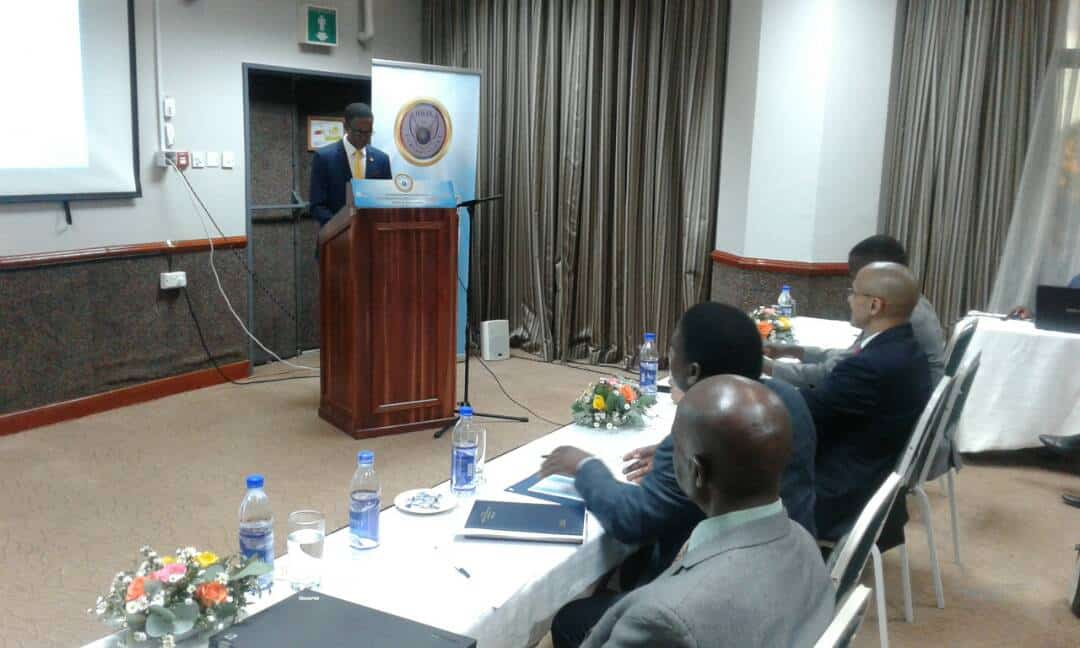More than any other time in history, Zimbabwe is yearning for restoration and a roadmap to peaceful transformation that will ensure sustainable development.
On the 14th of March 2018, lawmakers and civil society joined the global community to formalise an action plan for the adoption of the Declaration of Peace and Cessation of War (DPCW) by states in Southern Africa as a legally binding and enforceable law at an International Law Conference.
The Zimbabwe Peace Lecture held at the Monomotapa Legacy Hotel in Harare brought together peace messengers from Zimbabwe who have taken up the mantle of peace and worked actively together with HWPL to promote the implementation of the DPCW.
The DPCW was drafted by the Heavenly Culture, World Peace, Restoration of Light (HWPL) International Law Peace Committee which is comprised of prominent law experts from 15 different countries and was proclaimed on 14 March, 2016 in the form of a Preamble, 10 articles and 38 clauses.
This international legal instrument crystallises existing international legal norms into one concise document and promotes the aspirations of the African Union’s Agenda 2063 and Silencing the Guns 2020, supporting its vision for a peaceful and gun free Africa.
“As religious leaders in our diversity and from various religions, we should preach the message of peace. This does not matter whether one is from Islam or Hinduism, peace and religious tolerance promotes development. As the church and the Christian movement, we encourage everyone to spread the message of love, peace and hope in everything we do, particularly in politics.
“Zimbabwe is on the verge of holding historic harmonised elections in about three months from now. It is our hope that the period immediately prior, during and after elections will be largely peaceful so that we show to the world that the country is prepared to sustain the peaceful transition that recently took place following the resignation of former President Mugabe,” said Reverend Mathias Tsine of the Federation of Indigenous Churches in Zimbabwe.
The similar conference was held in various locations across the world simultaneously, with the main event being held in South Korea which focused on the peaceful reunification of the the divided North and South Peninsula.
“Through our collective efforts we will build a world at peace with itself and promote active citizenship. We are happy that members of the press were able to join International Law Experts, Members of the Judiciary, Representatives from the Legislature and Parliament, Civil Society Peace Ambassadors, Women and Youth Leaders in promoting a culture of peace as an alternative to a culture of conflict, violence and war,” said Claude Cassels, the HWPL Head in Zimbabwe.
